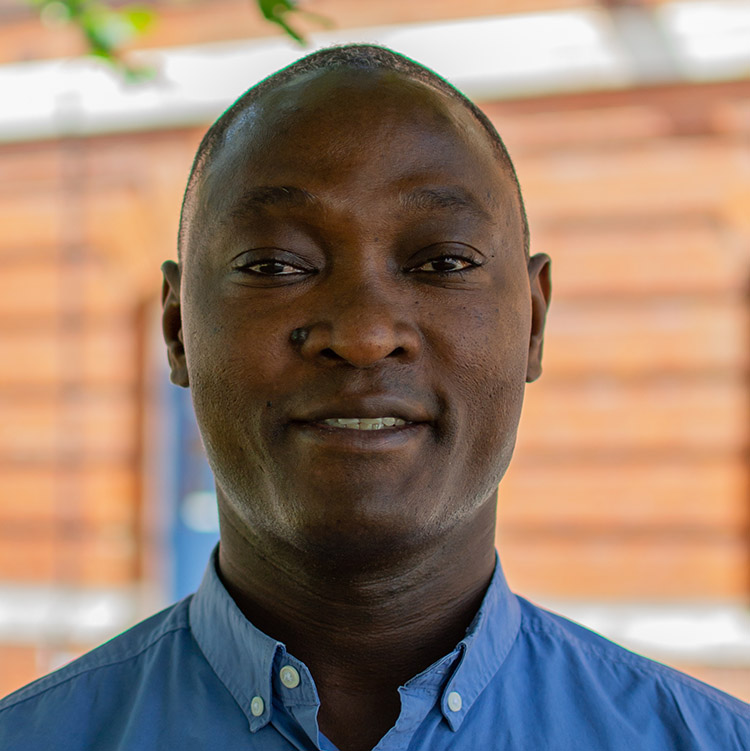
Dr Maxwell Casely-Hayford
On this page
About
Dr Maxwell Casely-Hayford obtained his BSc with first class honours in Pharmaceutical Chemistry from Queen Mary, University of London in 2000. He then joined the School of Pharmacy, University of London to study for a PhD in Medicinal Chemistry under the supervision of Prof. Mark Searcey. His PhD focused on the chemical synthesis and biological evaluation of novel anti-cancer agents based on the azinomycins.
Prior to joining Medway School of Pharmacy as a lecturer in Pharmaceutical Chemistry, he was a Post-Doctoral Research Fellow at the London School of Pharmacy where he worked with Profs Laurence Patterson and Mark Searcey, focusing on methodology for the solid phase synthesis of anthraquinone-peptide conjugates as AP-1 inhibitors. His expertise is in solid and solution phase synthetic organic chemistry, natural product and peptide synthesis, organic medicinal chemistry and drug DNA interactions.
Maxwell teaches on the MPharm Degree Programme, he is also convener for the stage 1 chemistry and pharmaceutics course Medicines Design and Manufacture 1.
Research interests
Molecules isolated from natural sources such as plants, animals and microorganism (both of terrestrial and marine origin) play a very important role in modern drug discovery. A significant number of clinically employed anticancer drugs e.g. Taxol® and the topoisomerase inhibitor topotecan are of natural origin. Maxwell’s research focuses on solution-phase, solid phase synthesis, multi-component reactions and the development of methodologies applied to the synthesis of biologically interesting natural products and their analogues. Therapeutic areas of interest include cancer and malaria and as such natural product targets of current interest include combretastatin A4, artemisinin and cryptophycin .
The main focus of research is on:
The use of natural product molecular architecture as lead for the design and synthesis of structural analogues with improved biological activity and selectivity.
Biological evaluation of synthesised compounds.
Interrogation of the mechanism of action of novel synthesised compounds.
This research is carried out with the collaboration of Prof. Martin Michaelis (UoK, School of Biosciences), Dr Klaus Pors (Institute of Cancer Therapeutics, University of Bradford), Prof Mark Searcey’s group (UEA) and colleagues at the school.


